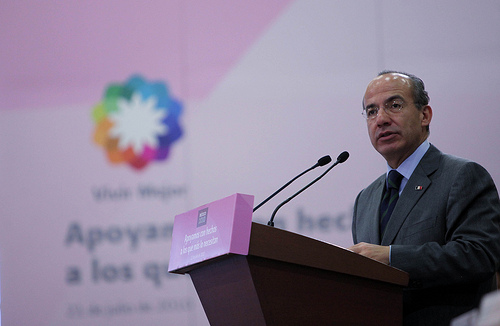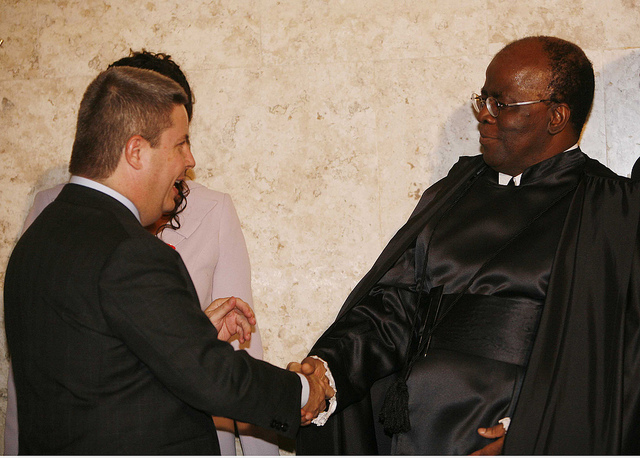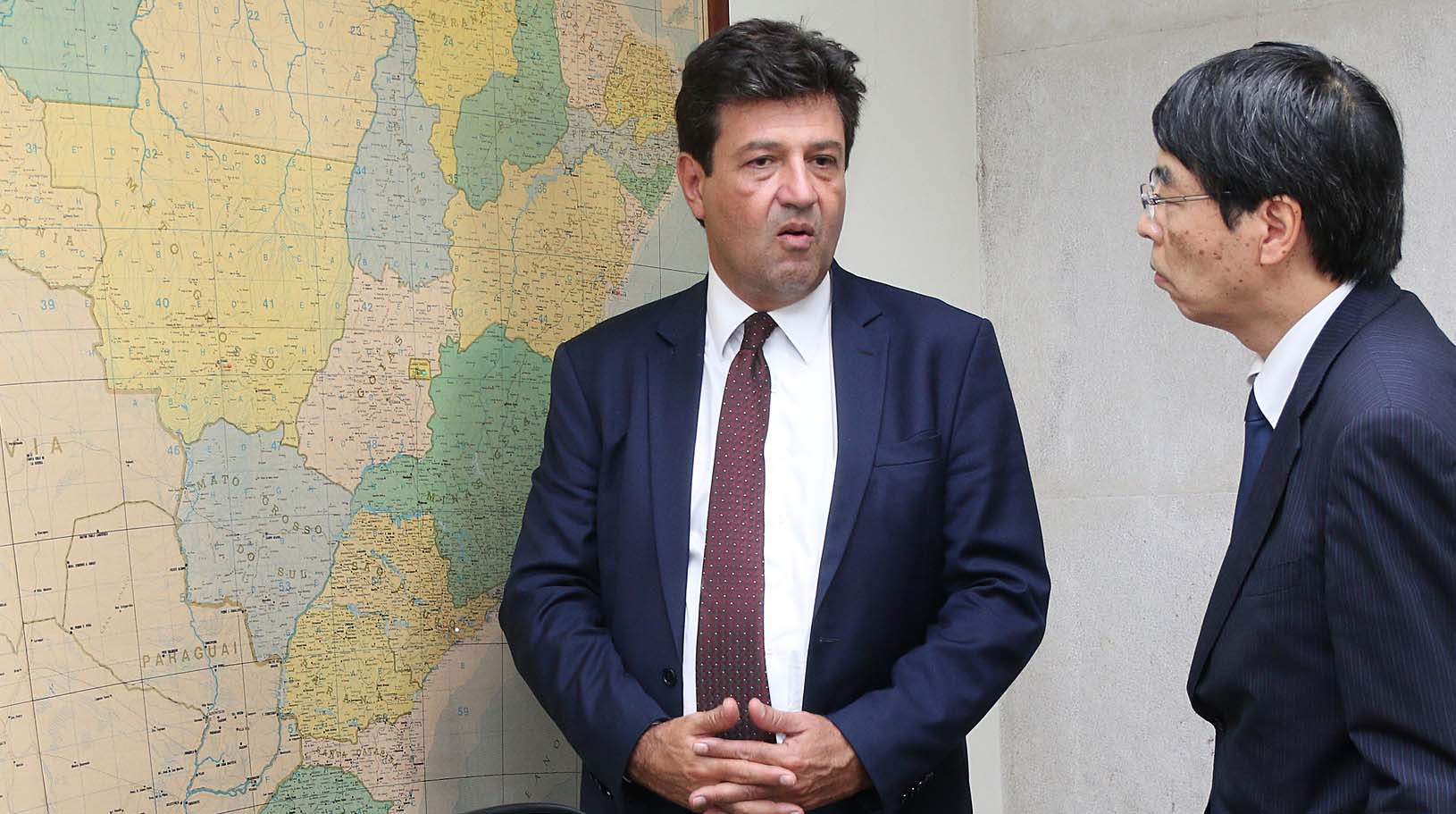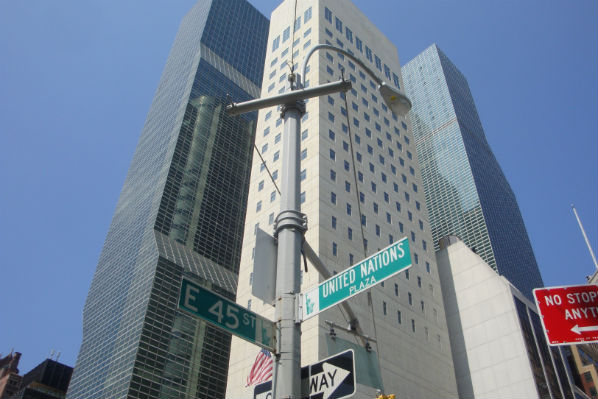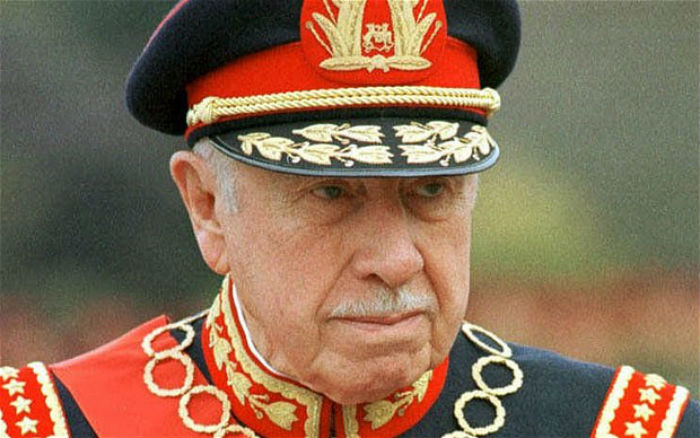
Latin America: Week in Review, Mexico, North America
UN Rights Chief Wants Mexican Troops Off Streets
October 8, 2015 By Staff
Top Story — The United Nations High Commissioner for Human Rights Zeid Ra’ad al-Hussein on Wednesday called for Mexico’s military forces to cease law enforcement operations and be pulled from the streets.
Following a two-day visit to Mexico that began on Monday, Zeid recommended the government create a timeline for removing army personnel and naval infantry from the streets, arguing that military troops should not be performing the role of police officers.
The recommendations come in the wake of the Inter-American Commission on Human Rights’ (IACHR) Oct. 2 preliminary report documenting allegations of human rights abuses — including torture and extrajudicial killings — by multiple levels of security forces in Mexico.
Mexico’s use of military troops for internal security has attracted criticism since former President Felipe Calderón first deployed troops to fight drug cartels in the state of Michoacán in 2006.
In his statement, Zeid also echoed the IACHR’s criticism of the role of militarization of civilian security in the case of the missing 43 students, who disappeared after being attacked in the state of Guerrero on Sept. 26, 2014. On Monday, Mexico’s Defense Minister Gen. Salvador Cienfuegos said he would not allow his troops to be questioned by international experts in connection with the case.
Just Published in Latin America News Dispatch
- As the United Nations begins debate on decolonization today, leading figures in the Puerto Rican statehood and independence movements are hopeful that Puerto Rican self-determination will be addressed. Latin America News Dispatch editor Dusty Christensen reports from New York.
Headlines from the Western Hemisphere
North America
- The proposal by Mexico’s President Enrique Peña Nieto to set up a unit of prosecutors to investigate the disappearances of some 25,000 people will involve teams in every state, as well as systems for them to share data in real time, according to draft legislation seen by the Wall Street Journal.
- Efforts by organizers to unionize Mexico’s nearly 2.3 million domestic workers face daunting challenges, not least of which is the acknowledged lack of a central strategy to coordinate the house cleaners, VICE News reports.
- A top United Nations official called on Mexico Wednesday to replace military personnel currently acting as law enforcement in the streets with a well-trained police force, emphasizing that military forces are only meant to do police work in situations of “real urgency.”
Caribbean
- U.S. Commerce Secretary Penny Pritzker called on Cuba to expand the role of the private sector in its economy during a visit to Havana, which was intended to find ways to increase trade between the two countries, despite the ongoing U.S. economic embargo that is under the control of Congress.
- Puerto Rico’s debt crisis is so severe it could not cover its $5.5 billion in bond obligations over the next five years even if it diverted all its sales tax revenue to make payments, Barclays said in a report issued Wednesday.
Central America
- The U.S. Treasury Department has indicted the wealthy and well-connected Honduran head of a San Pedro Sula soccer club on charges of running an international money-laundering network, just months after he served as an investment official in the government of Juan Orlando Hernández, himself separately accused of corruption.
Andes
- Colombia’s chief prosecutor wants the country’s supreme court to investigate former President Álvaro Uribe’s possible role in human rights abuses that occurred in a 1997 massacre by paramilitaries.
- September showed a 10 percent decline in Venezuela’s crude oil exports to the United States, according to records from state-run oil company PDVSA and Reuters trade data.
Southern Cone
- The legal pathway has opened to impeach Brazilian President Dilma Rousseff after the country’s Federal Accounts Court ruled that she manipulated the budget — a verdict that went against a head of state for the first time in 80 years.
- Former Argentine spy Antonio Stiuso, who is wanted for questioning with regards to last year’s mysterious death of prosecutor Alberto Nisman, left for the United States in February using an Italian passport.

